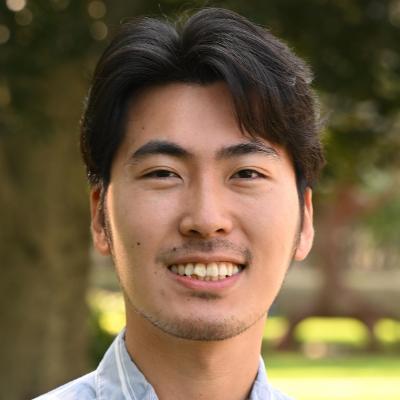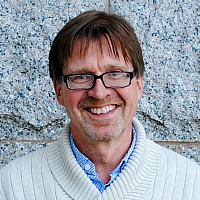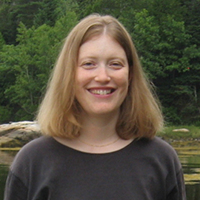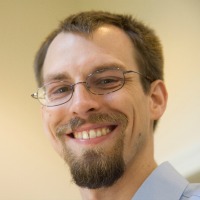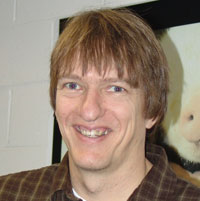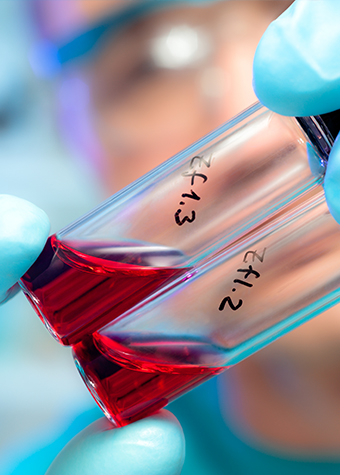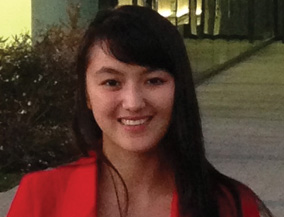Majoring in Chemistry
We offer small classes, lots of interaction with professors and research opportunities that at many institutions would be limited to graduate students. All of our faculty are engaged in research that incorporates meaningful participation by undergraduates. You can pursue a degree in chemistry or biochemistry with professional certification from the American Chemical Society in either one. We also offer an interdisciplinary major in biochemistry, cellular and molecular biology — a popular choice for pre-med students because it covers most of the requirements for the Medical College Admissions Test. Most of our chemistry majors go on graduate programs in the sciences or professional programs in health-related fields.
Research opportunities
You have many opportunities for research through coursework and summer internships on and off campus. Areas of faculty research include antibiotic biosynthesis and resistance, mechanisms of firefly bioluminescence, computational analysis of fluorescent proteins, organic synthesis of biologically important natural products, and investigations on porous nanoparticles. Work is funded by the National Institutes of Health, the Henry and Camille Dreyfus Foundation, The Research Corp. for Science Advancement, the Air Force Office of Scientific Research and the National Science Foundation. Many students co-author papers with faculty and present their work at major seminars.
Special opportunities
Our faculty have taken students to study away or conduct research in South Africa, Italy, across the U.S. and in Puerto Rico. You might intern at a local hospital or biotech company, including Pfizer Inc. in nearby Groton, Conn. Special lectures are frequently given on campus by visiting researchers.

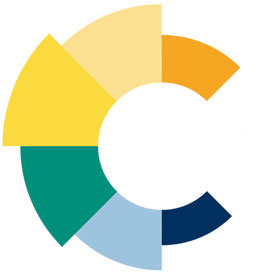
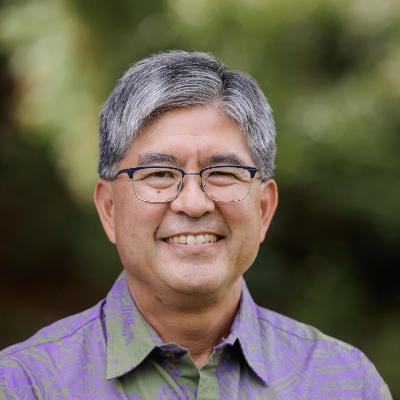
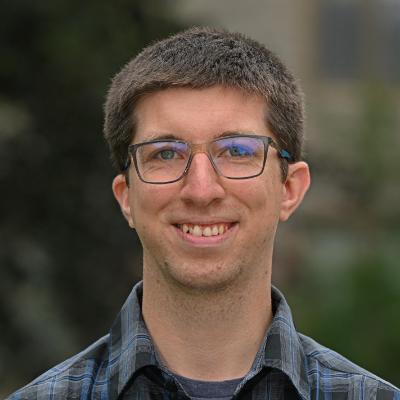
-1-400x400.jpeg)
